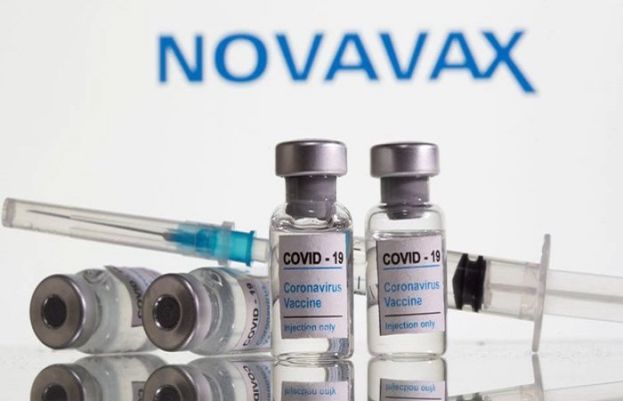WHO approves Novavax as 10th authorised COVID jab

The European Medicines Agency had assessed and approved Nuvaxovid on Monday.
It is made from a more conventional technology than others already approved, which has led officials in Brussels to express hope that this will help persuade those hesitant about vaccination to come forward.
The jab uses a traditional technology involving proteins found on coronavirus spike proteins that trigger an immune response.
It is a tried and tested approach, used for decades to vaccinate people against diseases including hepatitis B and whooping cough.
A so-called emergency use listing by the WHO paves the way for countries worldwide to quickly approve and import a vaccine for distribution.
It also opens the door for them to enter the Covax global vaccine-sharing scheme, set up to provide equitable access to doses around the world and particularly in poorer countries.
The two-shot Nuvaxovid jab is the 10th vaccine issued an EUL by the UN health agency.
Among those already approved is the Covovax shot, a version of Novava's vaccine made by the Serum Institute of India under licence from the US-based company.
It was authorised on December 17.
90% effective
Also figuring on the list are the mRNA vaccines produced by BioNTech/Pfizer and Moderna, Johnson&Johnson, AstraZeneca (which is counted twice for the versions made in Europe and in India), the Indian-made Covaxin and Chinese-made Sinopharm and Sinovac.
Nuvaxovid was around 90% effective at reducing symptomatic cases of COVID-19 in two major clinical studies, one in Britain and the other in the United States and Mexico, involving more than 45,000 people.
In a separate document, WHO's Strategic Advisory Group of Experts on Immunisation recommended the new vaccine for use in people over the age of 18, with an interval of three to four weeks between the two doses.
"The vaccine should not be administered with an interval of less than three weeks," it warned.
It can be kept at refrigerated temperatures between two and eight degrees Celsius, giving it a logistical advantage in difficult-to-access regions over the mRNA vaccines, which must be stored at ultra-low temperatures.
from latest-news - SUCH TV https://ift.tt/3ehbagl
Comments
Post a Comment